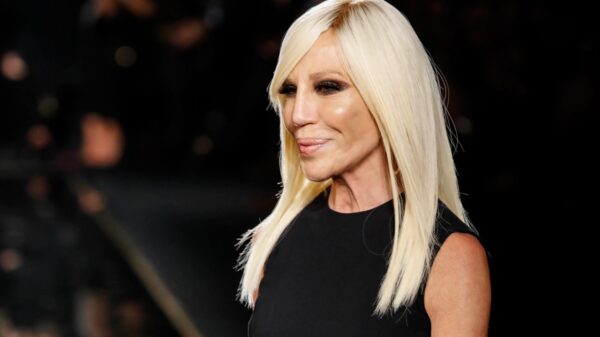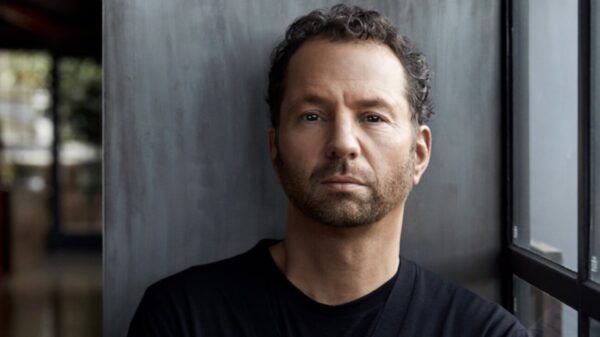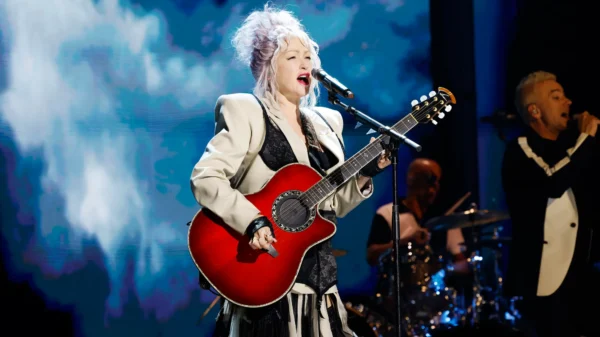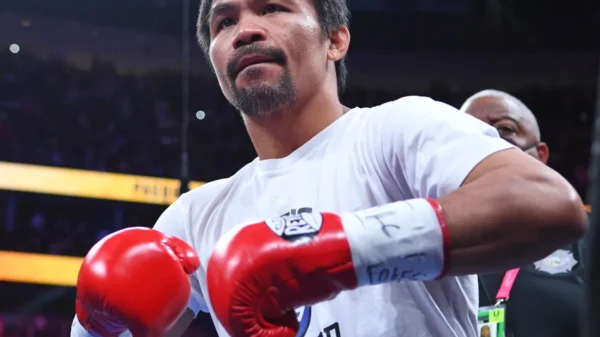Introduction
The music industry has long been dominated by male artists, producers, and executives. However, in recent years, there has been a growing movement towards achieving gender equality in this field. This blog post will explore the progress that has been made, the challenges that still exist, and the importance of supporting and promoting female talent in the music industry.
The Current Landscape
Despite the strides that have been made, gender inequality is still prevalent in the music industry. According to a study by the Annenberg Inclusion Initiative, only 22% of artists on the Billboard Hot 100 chart in 2020 were female. This underrepresentation extends to other areas of the industry as well, such as music production, sound engineering, and executive positions.
Breaking Stereotypes
One of the key challenges in achieving gender equality in the music industry is breaking down stereotypes and preconceived notions about what a successful musician or producer should look like. Historically, women have been pigeonholed into certain genres or roles, while men have been given more opportunities to explore different styles and avenues within the industry.
However, there are many talented female artists who are challenging these stereotypes and making their mark in the music industry. Artists like Beyoncé, Taylor Swift, and Lizzo have achieved immense success and have become role models for aspiring musicians around the world. Their success not only inspires other women to pursue their dreams but also forces the industry to recognize the value and talent that women bring to the table.
Supporting Female Talent
In order to achieve gender equality in the music industry, it is crucial to support and promote female talent at every level. This includes providing equal opportunities for women to showcase their skills, investing in their education and training, and creating a supportive and inclusive environment where they can thrive.
Organizations like Women in Music and She Is The Music are working towards these goals by providing resources, mentorship programs, and networking opportunities for women in the industry. Additionally, many music festivals and conferences are making a conscious effort to include more female artists in their lineups, helping to amplify their voices and increase their visibility.
The Role of Education
Education plays a crucial role in breaking down barriers and promoting gender equality in the music industry. By providing equal access to music education and training programs, we can empower young girls to pursue their passion for music and equip them with the skills and knowledge needed to succeed in the industry.
Furthermore, it is essential to challenge gender biases and stereotypes within music education. Teachers and educators should encourage girls to explore different genres and instruments, and provide them with female role models who have achieved success in the field. By doing so, we can inspire the next generation of female musicians and ensure a more diverse and inclusive music industry.
Conclusion
While progress has been made towards achieving gender equality in the music industry, there is still a long way to go. Breaking down stereotypes, supporting female talent, and promoting equal opportunities are key steps towards creating a more inclusive and diverse industry. By working together, we can break barriers and empower women to make their mark in the music world.


































